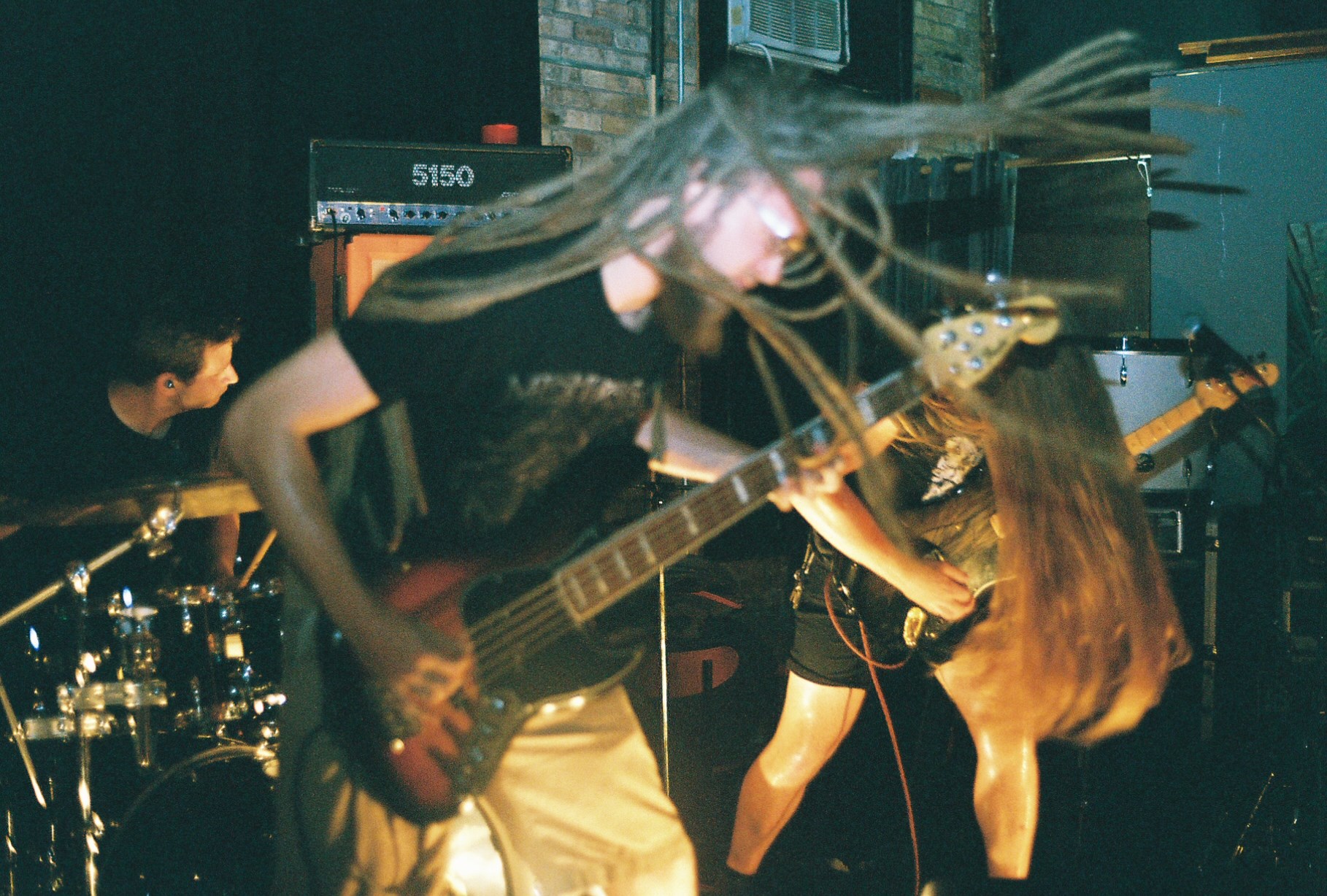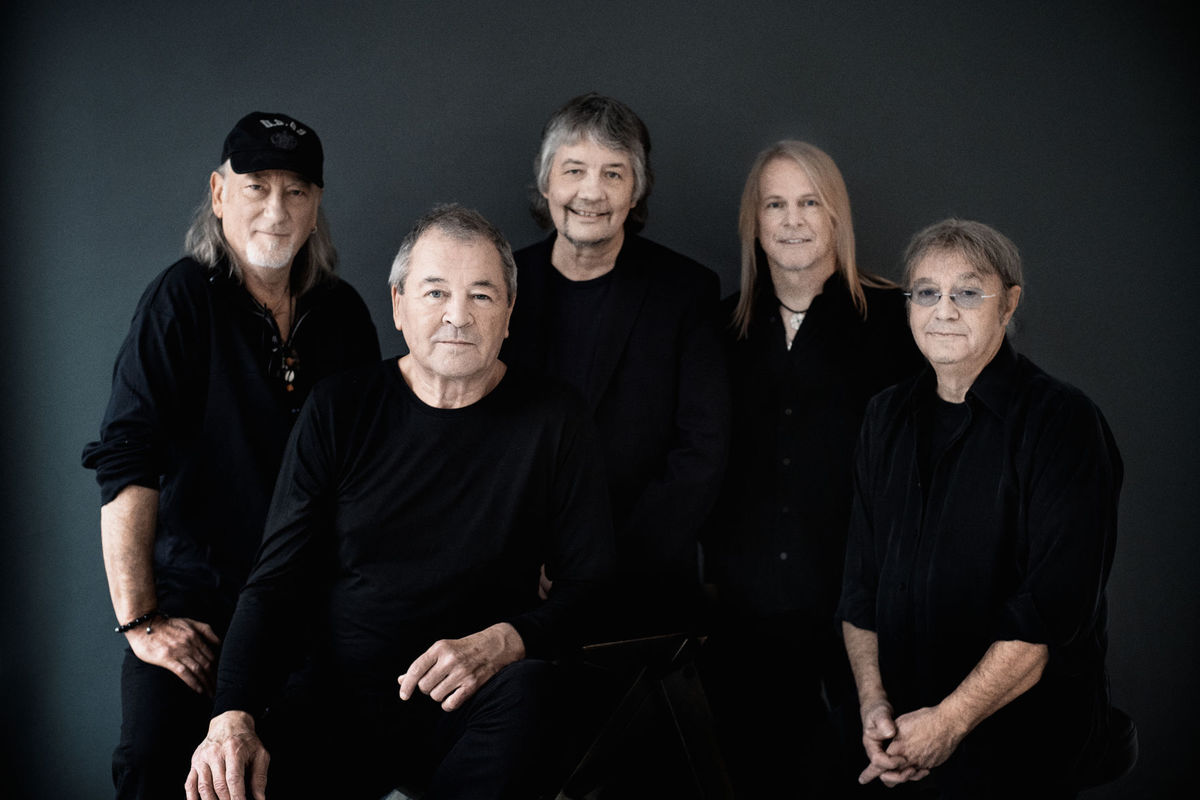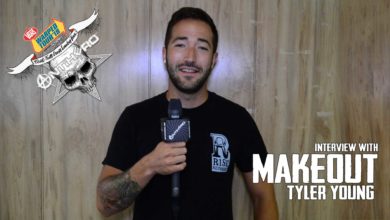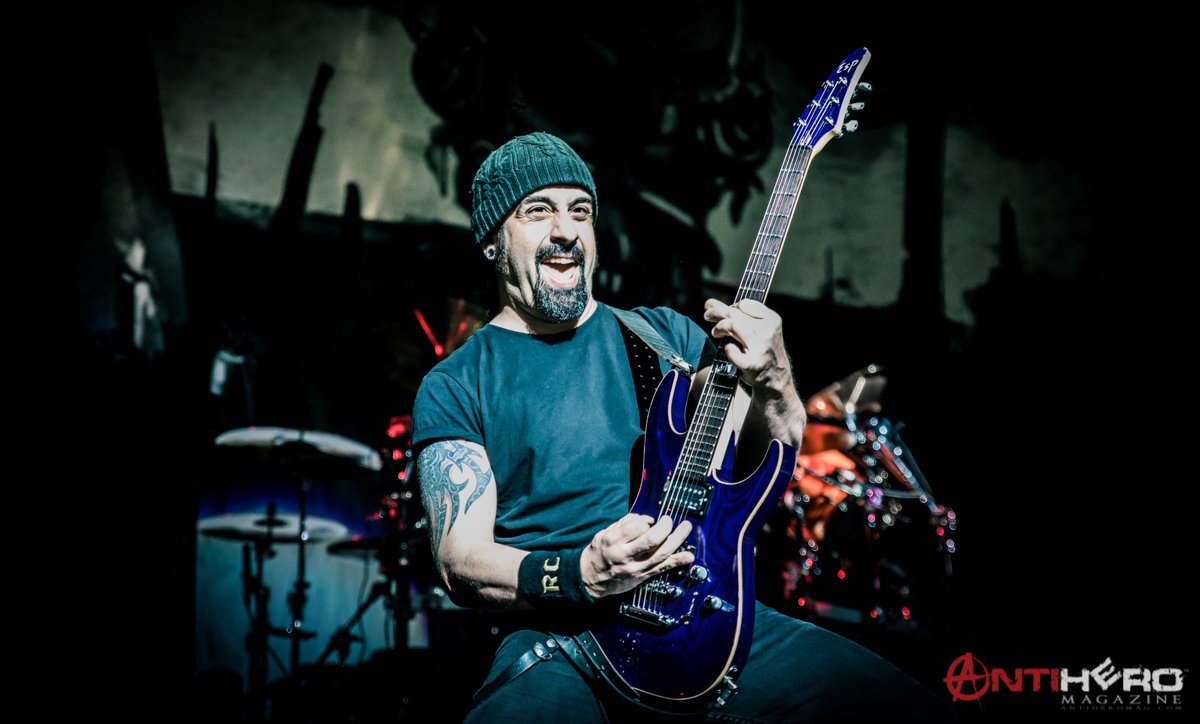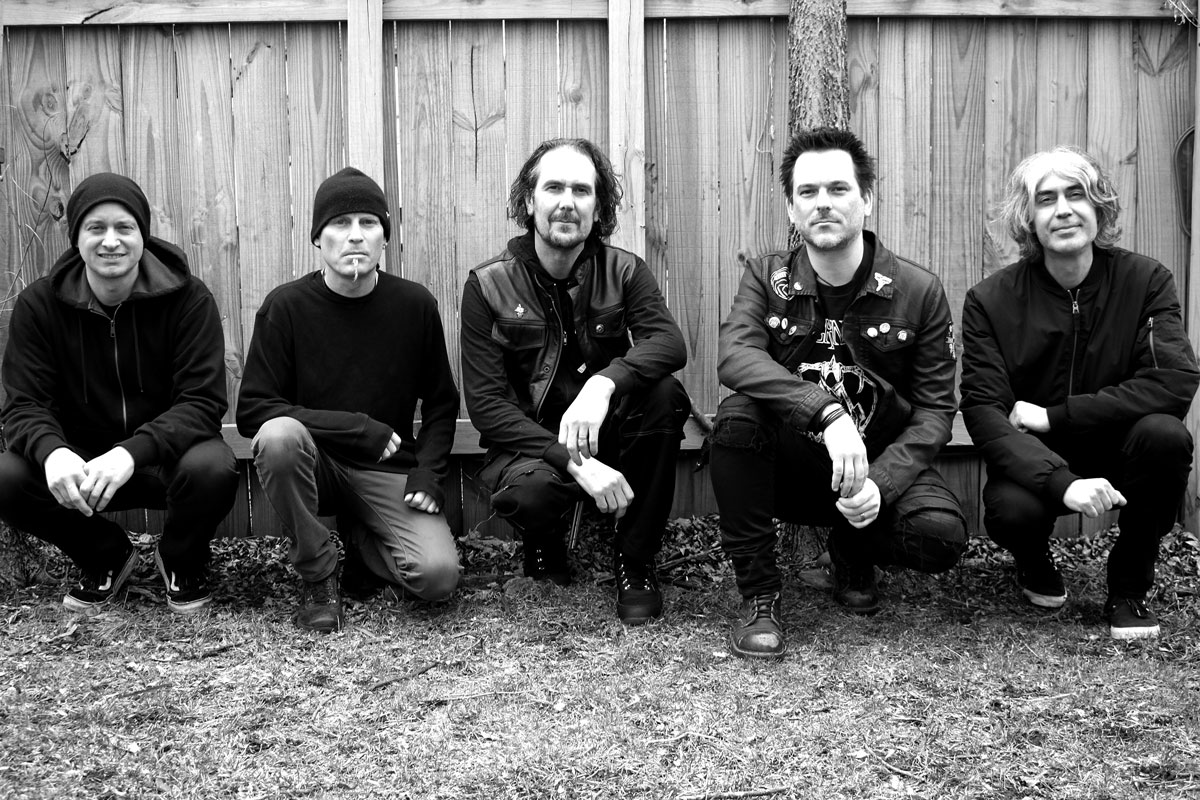Antihero Magazine recently had a chat with bassist Mitch Schooler of Minneapolis-based exploratory death metal trio, Sunless, about the band’s debut album, Urraca.
 Antihero: Describe a bit about how Sunless was started?
Antihero: Describe a bit about how Sunless was started?
Mitch Schooler: The band started in mid-2014 when the first ideas for the music came together in a few songs that I started writing, but it became a true project the following year in 2015 when I started working with a guitar player named Andrew Notsch who I had known from a previous band. My former band Nerves had played quite a few shows with his former band Youwretch, so we were acquaintances at the time and both of our bands had broken up at that point. He was interested in joining after he heard some of the material I was writing and then a few months later we met our drummer Ben Iburg who responded to an ad that we put out looking for a death metal drummer who was into the same influences as us. He saw it and got back to us, so when he joined that was kind of the official starting of the band where we began to have regular practices and started learning some of the material that had been written over the previous months.
Antihero: What bands have influenced the “Sunless” sound?
Mitch Schooler: There are many. Over the last few years I’ve been listening to lots of dissonant and angular death and black metal. I’ve been very into that sound and wanted to play music in that vein of forward-thinking, abstract, and weird technical metal. Bands like Gorguts and Ulcerate are two of the big ones. There are several others, like Baring Teeth, Pyrrhon, Deathspell Omega, Thantifaxath, and Plebeian Grandstand, but the Sunless sound has an interesting twist to it since my background is not in the realm of death or black metal, unlike Ben and our current guitar player and vocalist Lucas Scott who have played death metal for years. My musical upbringing for playing bass is more rooted in other types of extreme metal like Meshuggah or old-school Mastodon and incorporates more groove-oriented ideas. Those influences seem to come through in the songwriting.
Antihero: Describe the songwriting process for Sunless?
Mitch Schooler: The usual process will start with either me or Lucas having some pretty concrete ideas for a song with riffs tabbed out in guitar pro. We’ll send the songs to each other and begin learning them on our own. Then we’ll come together at practice knowing most of the parts and begin working on them more collectively. Typically, we don’t tab out drums in advance, so Ben will bring his ideas in and we’ll work on trying to play through the songs while coming up with drum parts. Once we are happy with the songs instrumentally, Lucas will go ahead and write his vocal parts.
The vocal process was a little different for Urraca because our former guitar player Notsch had already come up with the concept for the album and written all of the lyrics before Lucas started working on his vocal parts. Usually Lucas writes his own lyrics, so in this case he was fitting Notsch’s lyrics to his own patterns which was a different approach for him. He’d record his ideas and then begin doing them live at practice. It will be interesting to see how the vocals turn out on the next record since Lucas will likely be the one writing a majority of the lyrics this time.
Antihero: Your debut album is called Urraca. Define the meaning behind “Urraca“?
Mitch Schooler: Urraca means ‘Magpie’. It is named after the Urraca Mesa in Northeastern New Mexico where the birds were considered to be omens of evil by ancient Anasazi tribes who inhabited the area.
 Antihero: Describe the recording process for Urraca?
Antihero: Describe the recording process for Urraca?
Mitch Schooler: For tracking, we worked with an engineer named Adam Tucker who runs Signaturetone Recording out of our hometown of Minneapolis. He recorded our 2016 demo and several of us have also worked on records with him in other bands in the past. He’s a good friend of ours and we’re very comfortable recording with him at his studio.
Instrumental tracking took about five days. Over that time, we jumped between instruments which was different than the approach that I’m used to where drums are completed first in their entirety, then bass, then guitar, etc. That way we were able to dial in tones over the first few days and not be locked into anything after making too much progress with certain settings. It also prevented us from becoming burned-out since we were able to take breaks while another member took a turn tracking. Vocal tracking was done outside of the studio at Lucas’s house. He prefers to have time with the recorded material on his own to finish up writing and recording his vocal parts.
The album was mixed and mastered by Colin Marston at his studio called Menegroth: The Thousand Caves in Queens, New York. We were familiar with Colin’s work both as a band member and producer through his bands like Gorguts, Krallice, Dysrhythmia, and Behold… The Arctopus. We’re also fans of many albums that he’s recorded by other bands over the years, so we had arranged to have Urraca mixed and mastered by him several months in advance. I flew to New York in early December of last year to meet Colin and be there for the mixing and mastering of the album. It was greatly beneficial to have someone from the band present during the mixing and mastering process since it’s difficult and slow to communicate those types of ideas remotely. Colin had the mixing and mastering for the whole album nearly completed after that one weekend, but we exchanged emails over the next few weeks making small tweaks and putting on the finishing touches. We were very happy to be able to self-release Urraca only a few months after it was finished and avoid the situation where you have a completed record but have to sit on it for many months, or even years before putting it out.
Antihero: What subjects inspire the lyrical songwriting?
Mitch Schooler: Our former guitar player Notsch wrote the lyrics for Urraca. They tell a story about Anasazi tribes who lived on and around the Urraca Mesa many centuries ago who mysteriously disappeared. There are many stories about them involving other dimensions, dark spirits, and otherworldly elements that we found very interesting. The lyrics are based off many of those tales.
Antihero: How was the tour you just finished with Grogus?
Mitch Schooler: It was great! We were on the road for just over two weeks. We kicked the tour off with our album release show in Minneapolis and then traveled across the central US in a big loop. It was super fun touring with another band all in the same van and sharing gear. It made for very easy load-ins and load-outs, as well as change-overs between bands. We also had a blast hanging out in the van and conversing. I don’t think we stopped talking or joking with each other the entire time. Nearly all fourteen of the shows were a ton of fun and we had generally good crowd turnouts and responses considering we were two out-of-state bands who have never toured before. We met a ton of cool people and bands along the way, and are already making plans for Sungus Tour #2.

